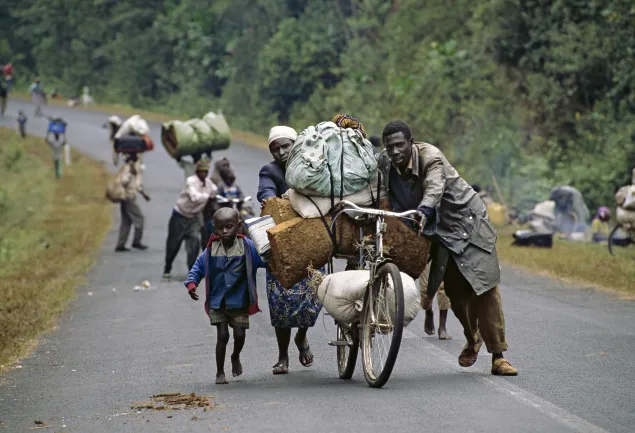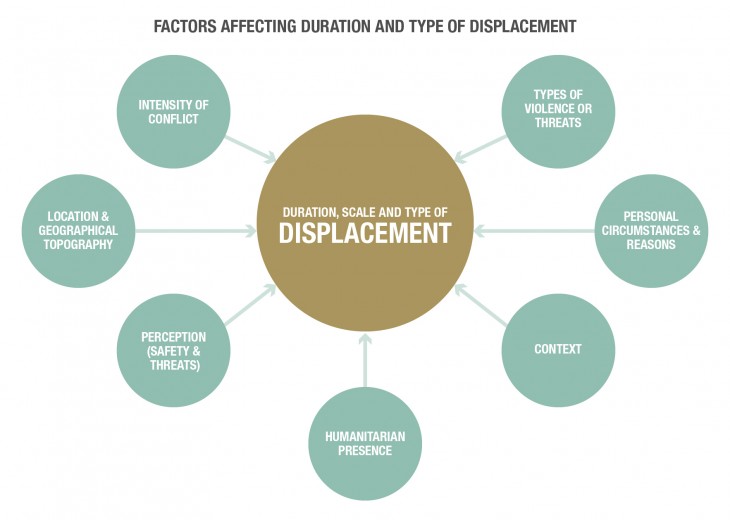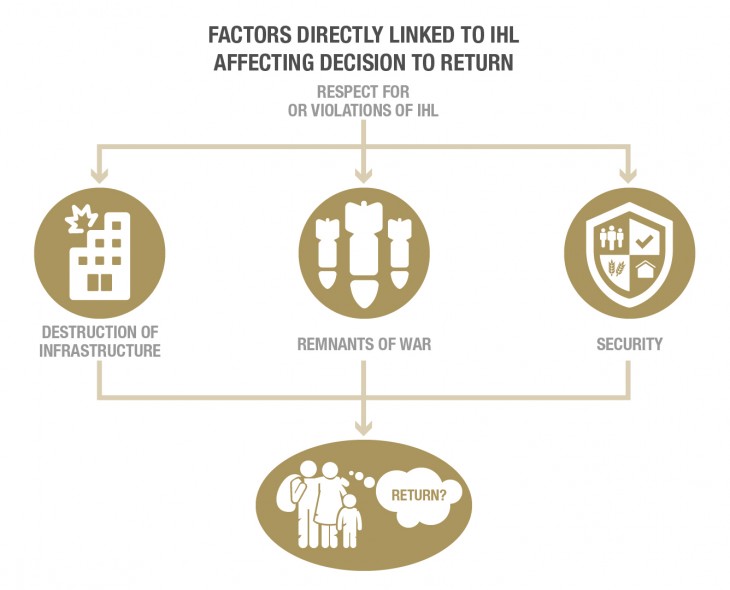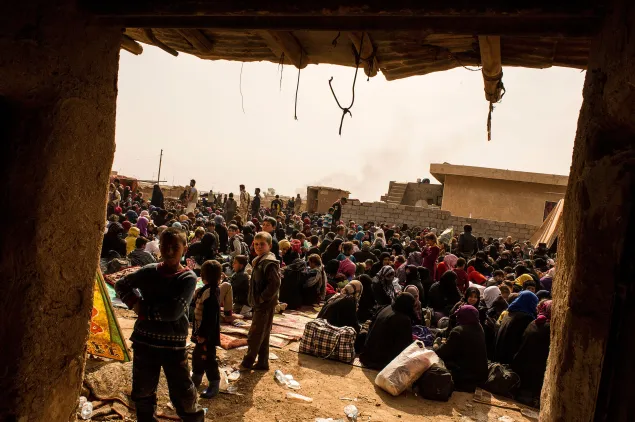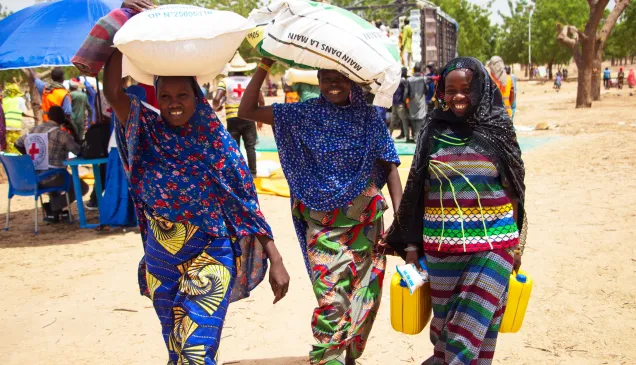The harrowing reality of displacement caused by armed conflict
Displacement is part and parcel of war and also one of the greatest humanitarian challenges of our time. When people become displaced, their physical and mental health often suffers. They can lose their independence, be or feel unsafe, lack access to essential services and be at heightened risk of services and violence. Displacement affects host communities, too – especially if they are unprepared and lack the support they need.

